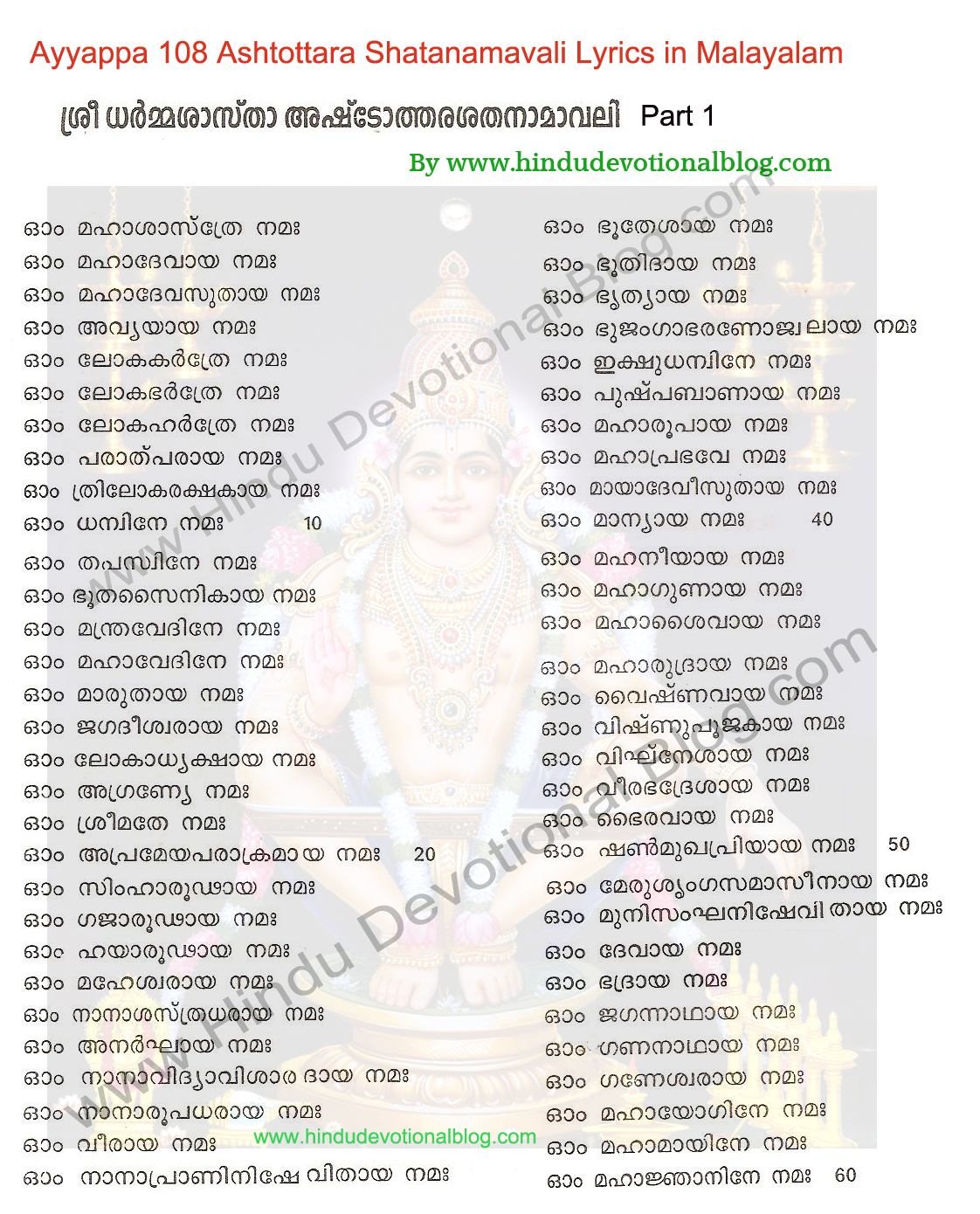


There are at least eight different versions of the Shiva Sahasranama, devotional hymns ( stotras) listing many names of Shiva. Sahasranama are medieval Indian texts that list a thousand names derived from aspects and epithets of a deity. The highest reverence for Shiva in Shaivism is reflected in his epithets Mahādeva ("Great god" mahā "Great" and deva "god"), Maheśvara ("Great Lord" mahā "great" and īśvara "lord"), and Parameśvara ("Supreme Lord"). Shiva is known by many names such as Viswanatha (lord of the universe), Mahadeva, Mahandeo, Mahasu, Mahesha, Maheshvara, Shankara, Shambhu, Rudra, Hara, Trilochana, Devendra (chief of the gods), Neelakanta, Subhankara, Trilokinatha (lord of the three realms), and Ghrneshwar (lord of compassion). The Vishnu sahasranama interprets Shiva to have multiple meanings: "The Pure One", and "the One who is not affected by three Guṇas of Prakṛti ( Sattva, Rajas, and Tamas)". It is used as an adjective to characterize certain beliefs and practices, such as Shaivism. The Sanskrit word śaiva means "relating to the god Shiva", and this term is the Sanskrit name both for one of the principal sects of Hinduism and for a member of that sect. Sharva, sharabha presents another etymology with the Sanskrit root śarv-, which means "to injure" or "to kill", interprets the name to connote "one who can kill the forces of darkness". The term evolved from the Vedic Rudra-Shiva to the noun Shiva in the Epics and the Puranas, as an auspicious deity who is the "creator, reproducer and dissolver". The term Shiva also connotes "liberation, final emancipation" and "the auspicious one", this adjective sense of usage is addressed to many deities in Vedic layers of literature. The word Shiva is used as an adjective in the Rig Veda (approximately 1700–1100 BC), as an epithet for several Rigvedic deities, including Rudra. The roots of śiva in folk etymology are śī which means "in whom all things lie, pervasiveness" and va which means "embodiment of grace". The Sanskrit word " śiva" ( Devanagari: शिव, also transliterated as shiva) means, states Monier Monier-Williams, "auspicious, propitious, gracious, benign, kind, benevolent, friendly".
#SHIVA 108 NAMES IN HINDI PDF SERIES#
Part of a series onĪn ancient sculpture of Shiva at the Elephanta Caves, Maharashtra.

Shiva is a pan-Hindu deity, revered widely by Hindus, in India, Nepal, Sri Lanka and Indonesia (especially in Java and Bali). He is usually worshipped in the aniconic form of lingam. The iconographical attributes of Shiva are the serpent around his neck, the adorning crescent moon, the holy river Ganga flowing from his matted hair, the third eye on his forehead (the eye that turns everything in front of it into ashes when opened), the trishula or trident, as his weapon, and the damaru drum. Shiva is also known as Adiyogi Shiva, regarded as the patron god of yoga, meditation and arts. In his fierce aspects, he is often depicted slaying demons. In benevolent aspects, he is depicted as an omniscient Yogi who lives an ascetic life on Mount Kailash as well as a householder with wife Parvati and his two children, Ganesha and Kartikeya. There are many both benevolent and fearsome depictions of Shiva. Shiva is the primal Atman (Self) of the universe. He is one of the five equivalent deities in Panchayatana puja of the Smarta tradition of Hinduism. A goddess is stated to be the energy and creative power (Shakti) of each, with Parvati ( Sati) the equal complementary partner of Shiva. In the Shakta tradition, the Goddess, or Devi, is described as one of the supreme, yet Shiva is revered along with Vishnu and Brahma.

In the Shaivite tradition, Shiva is the Supreme Lord who creates, protects and transforms the universe. Shiva is known as "The Destroyer" within the Trimurti, the triple deity of supreme divinity that includes Brahma and Vishnu. Shiva has pre-Vedic tribal roots, and the figure of Shiva as we know him today is an amalgamation of various older non-Vedic and Vedic deities, including the Rigvedic storm god Rudra who may also have non-Vedic origins, into a single major deity. He is the Supreme Being in Shaivism, one of the major traditions within Hinduism. Lord Shiva is said to be the deity of death and time. Shiva ( / ˈ ʃ ɪ v ə/ Sanskrit: शिव, romanized: Śiva, lit.'The Auspicious One' ), also known as Mahadeva ( / ˈ m ə h ɑː d ɛ v ə/ Sanskrit: महादेव:, romanized: Mahādevaḥ, lit.'The Great God' ), is one of the principal deities of Hinduism. Maha Shivaratri, Shraavana, Kartik Purnima, Bhairava Ashtami Lingam, Crescent Moon, Damaru (Drum), Vasuki Trishula (Trident), Pashupatastra, Parashu-Axe, Pinaka bow Trimurti, Ishvara, Parabrahman & Paramatman ( Shaivism) Shankara, Bholenath, Mahesha, Mahadeva, Rudra, Sadashiva, Batara Guru


 0 kommentar(er)
0 kommentar(er)
